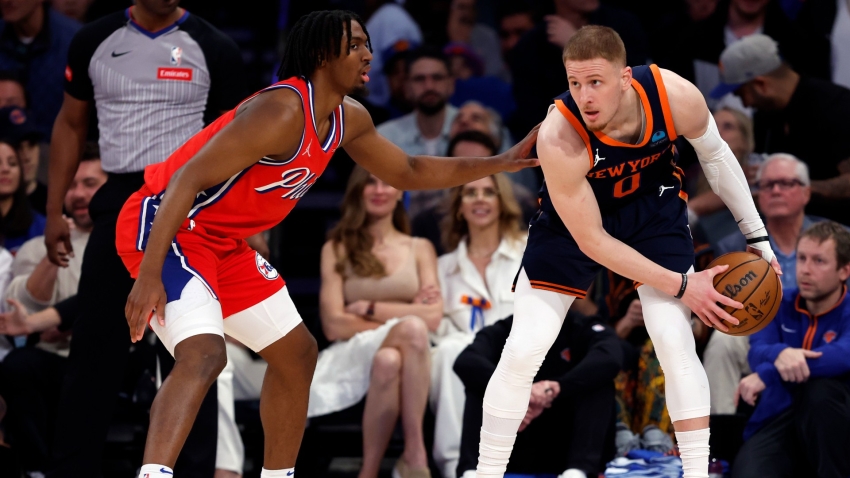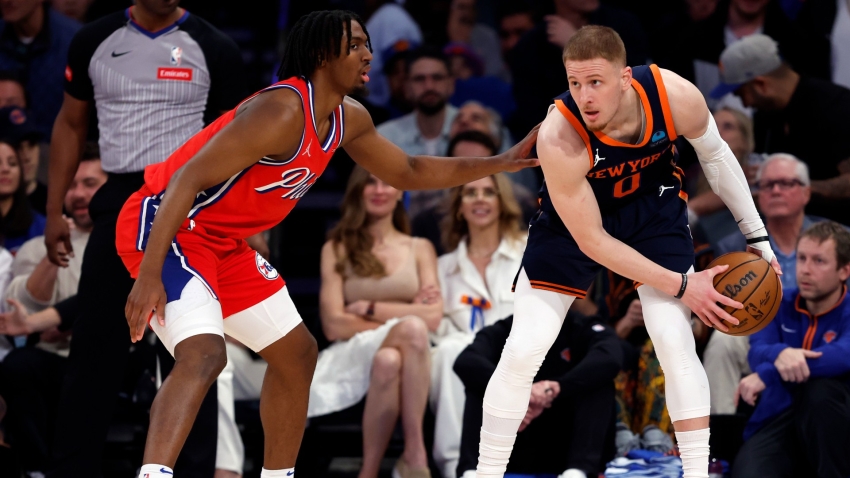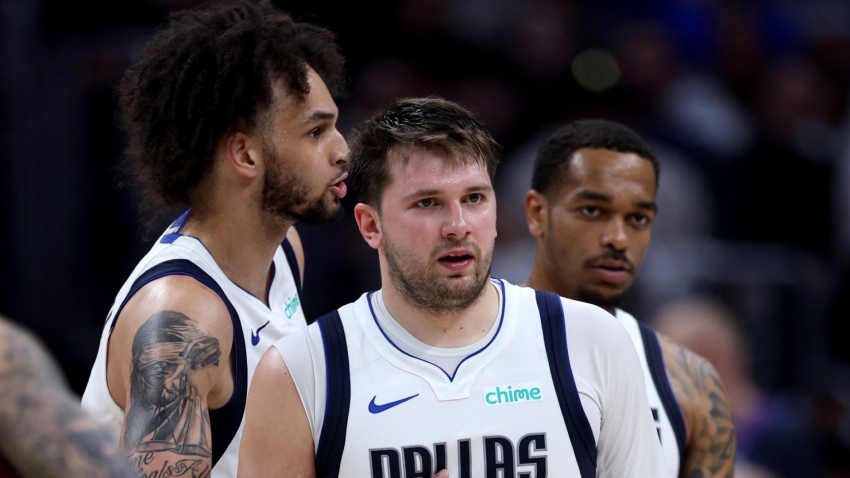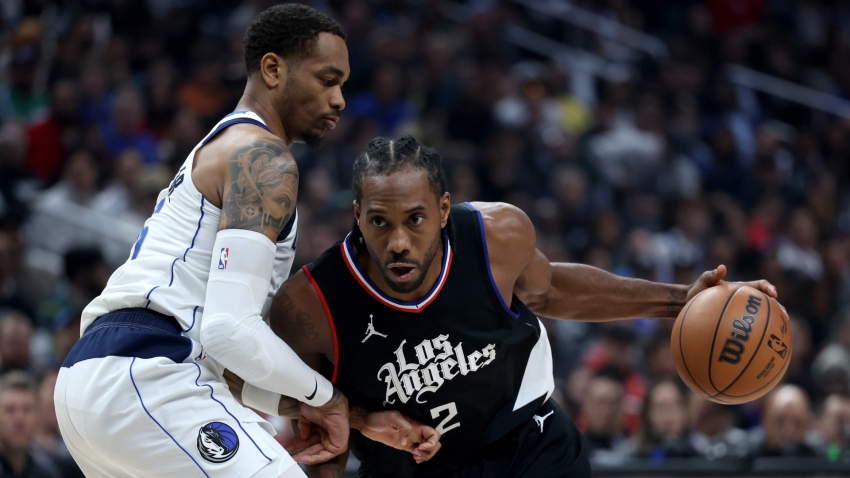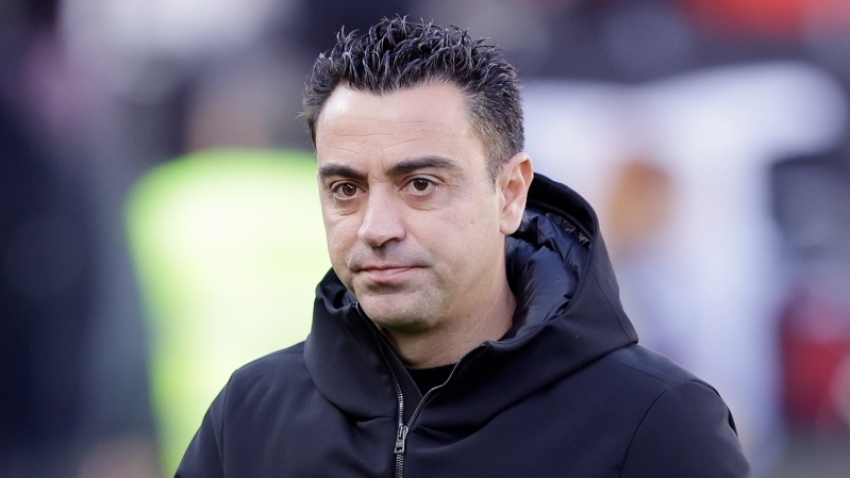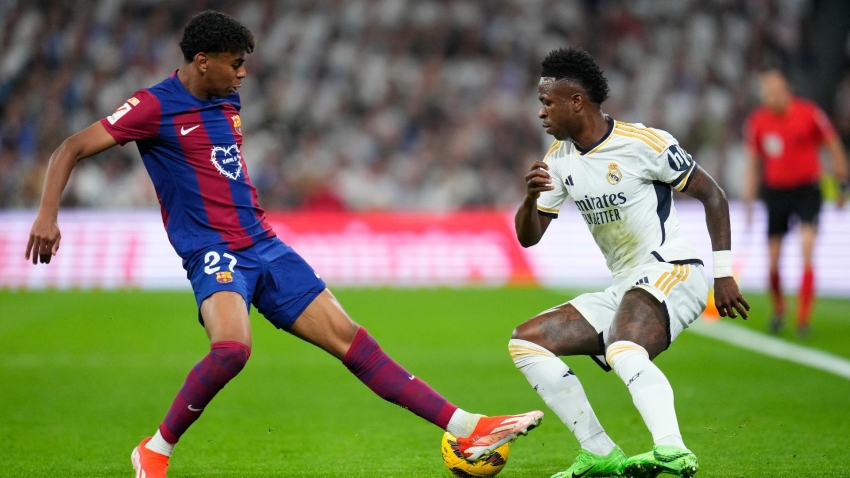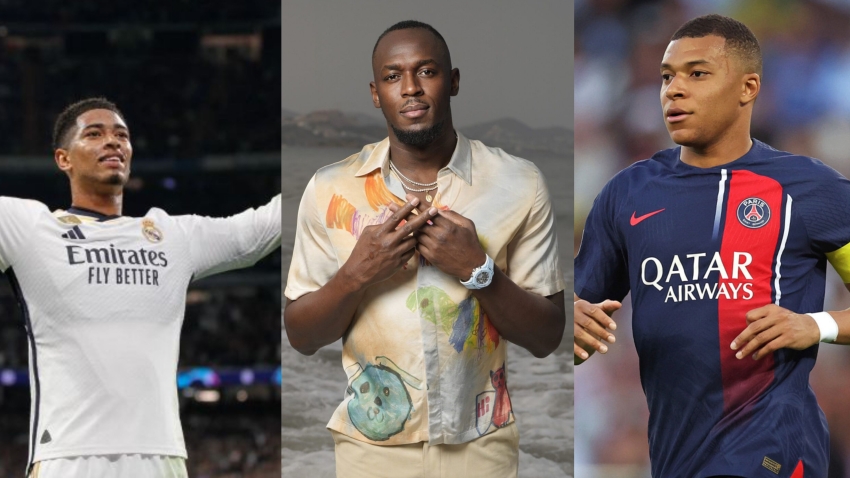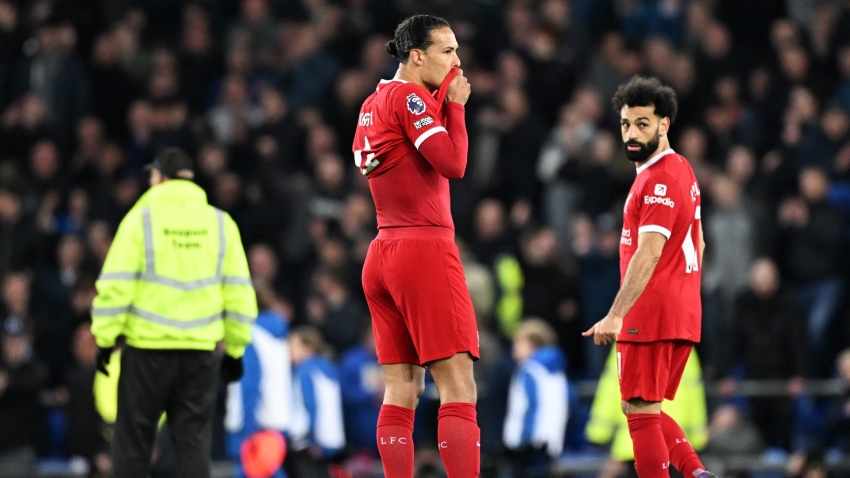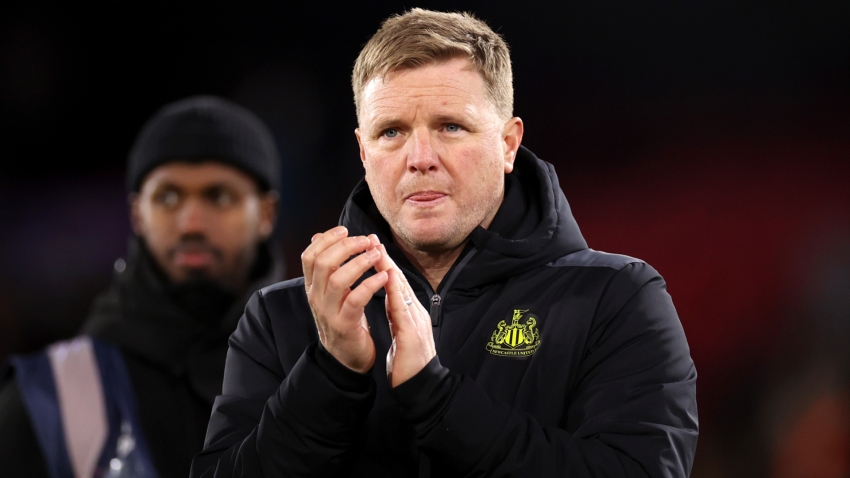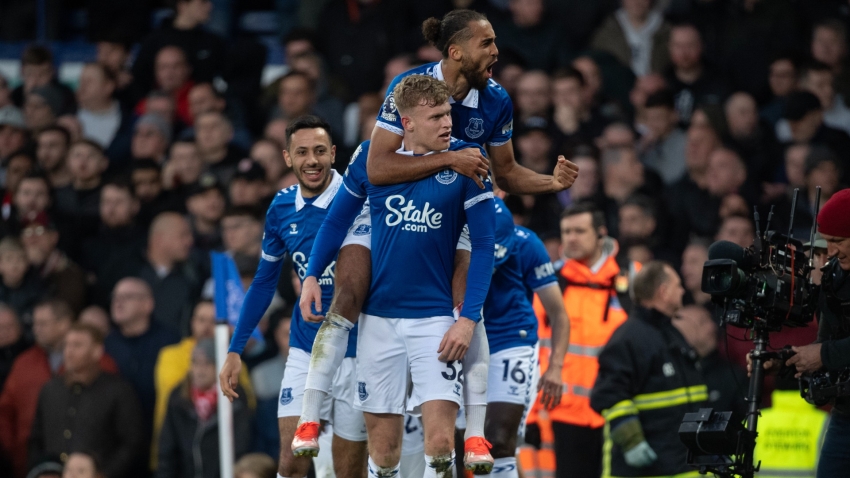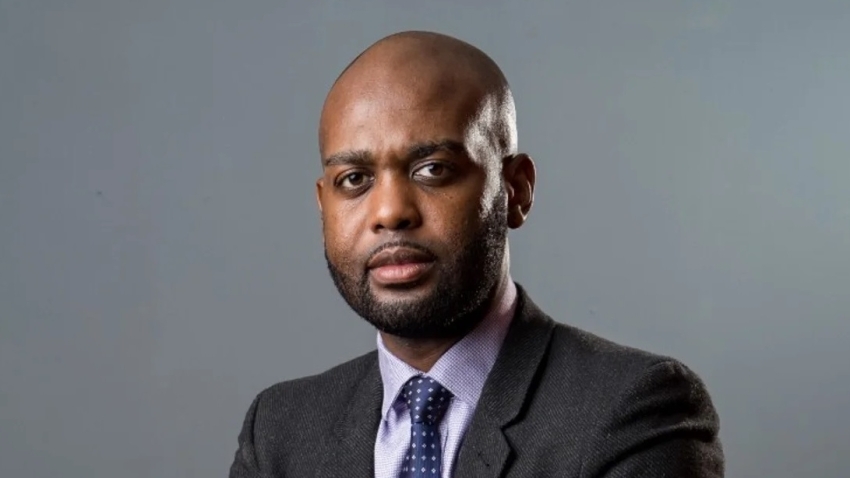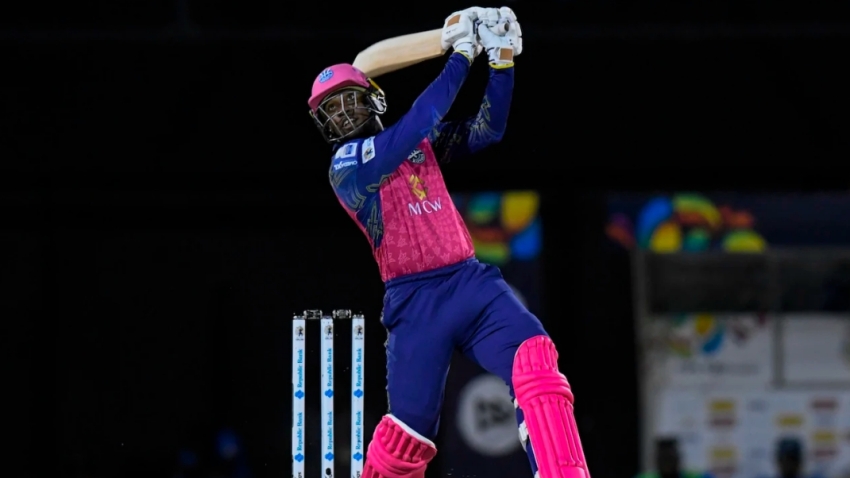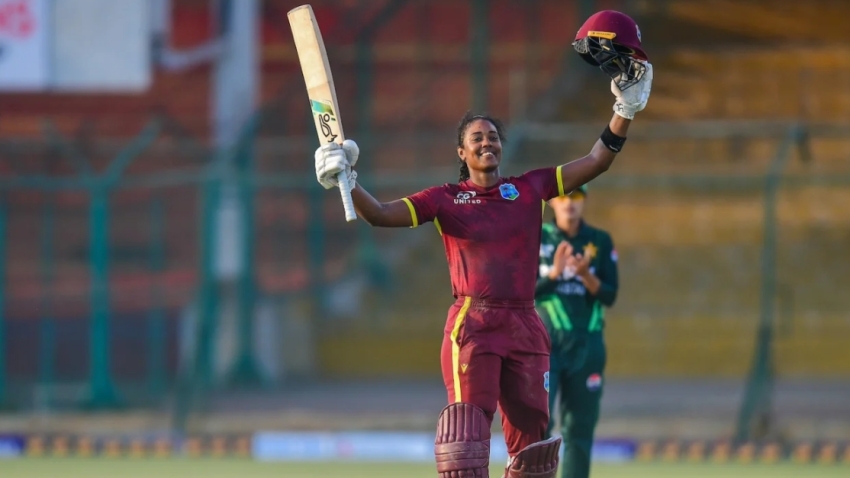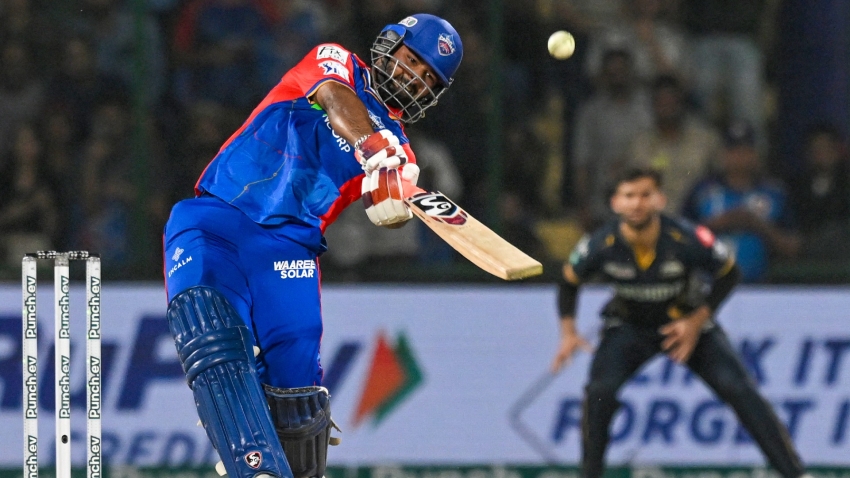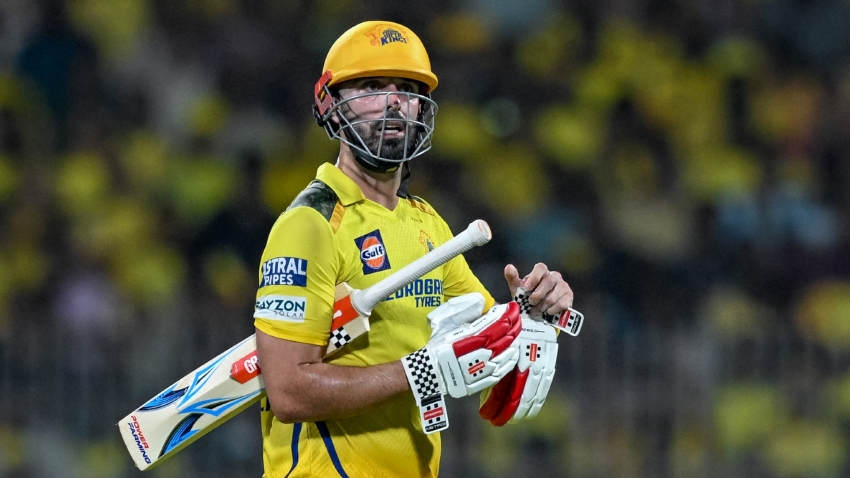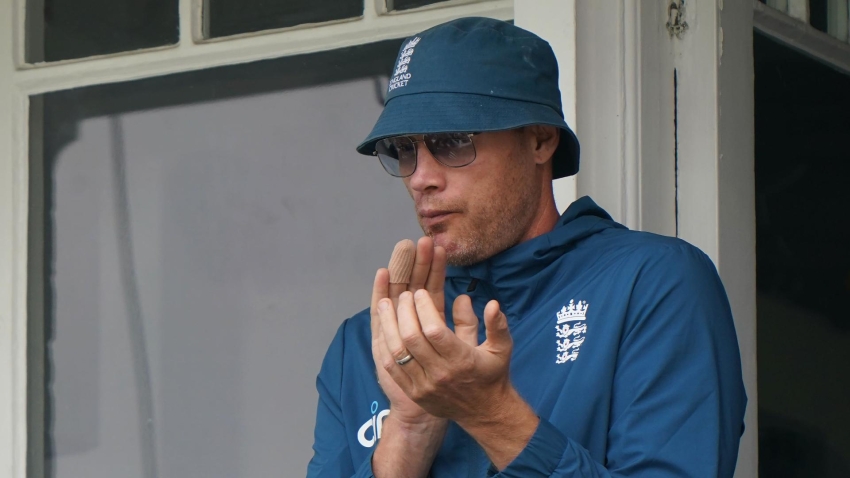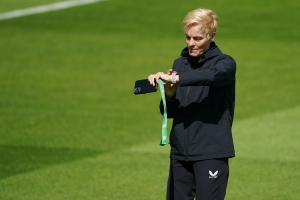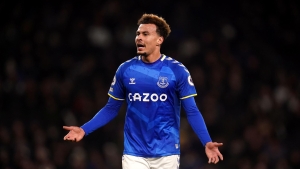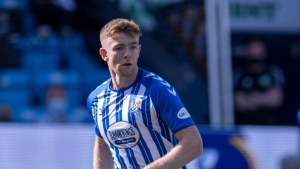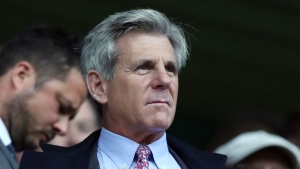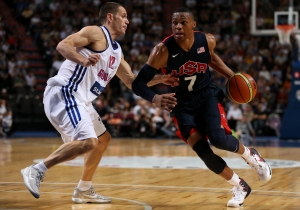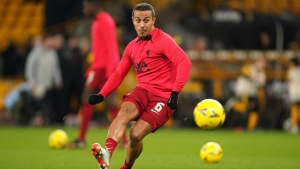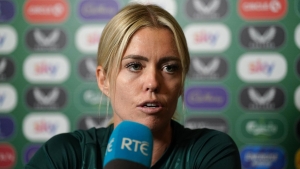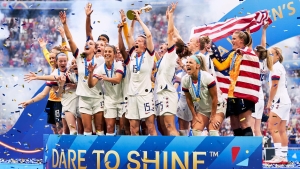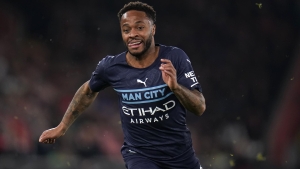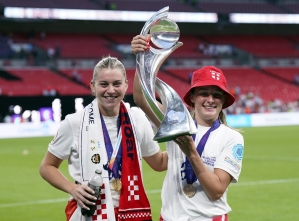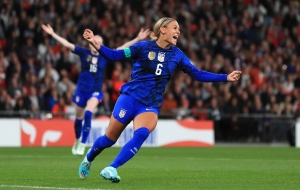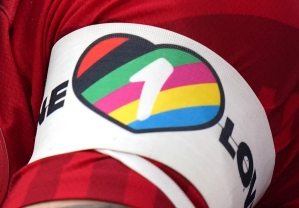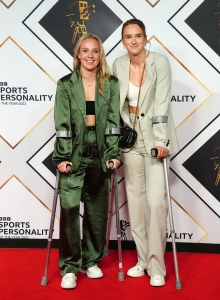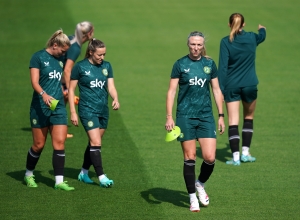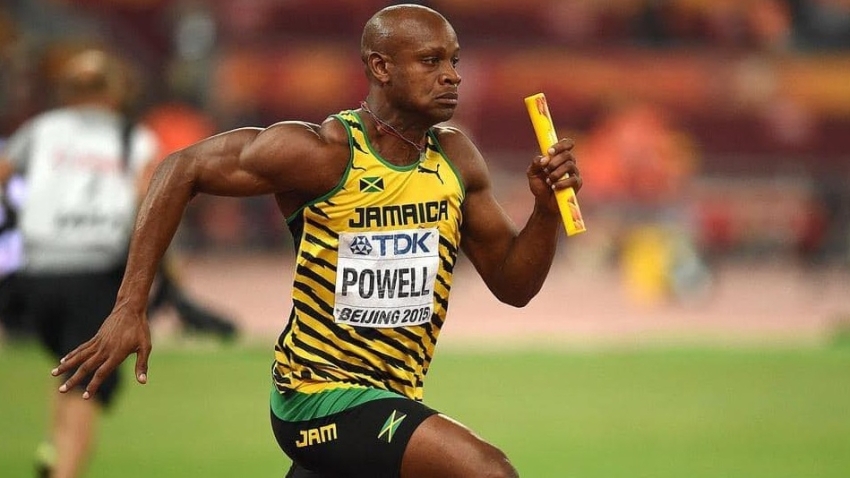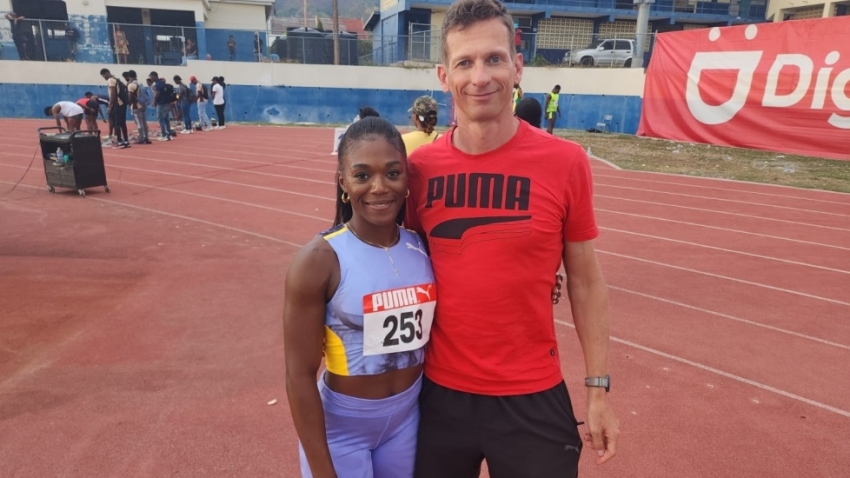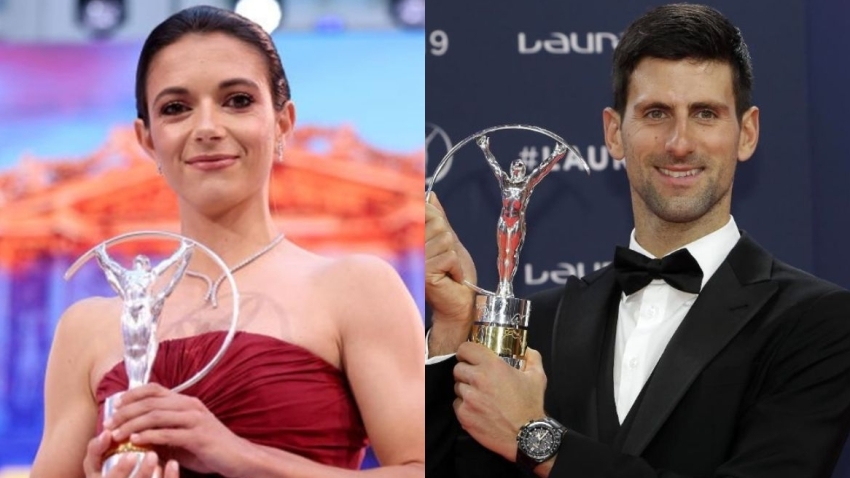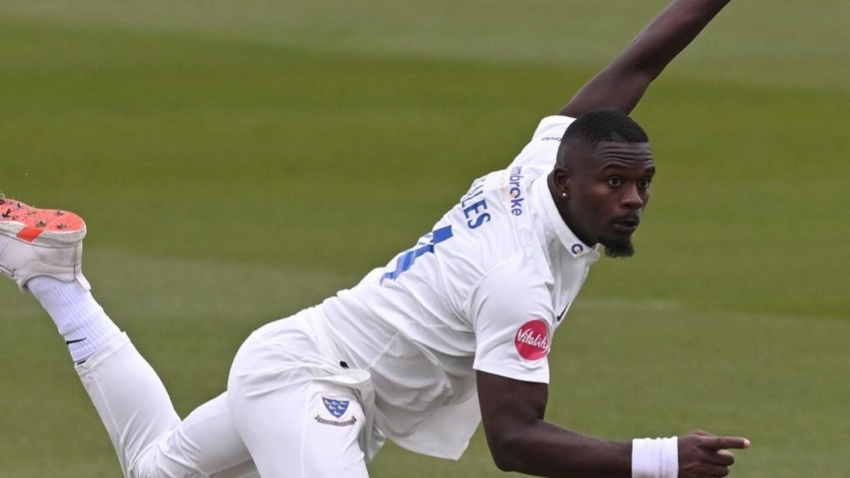The phrase ‘bigger and better’ has become a bit of a cliche, but it is still perhaps the most authentic way of describing the ninth edition of the FIFA Women’s World Cup at a moment of reckoning in women’s football.
Australia and New Zealand are co-hosting the 2023 edition, which for the first time will feature 32 nations, 20 more than the inaugural 12-team tournament held in China in 1991.
Eight teams – the Republic of Ireland, Vietnam, Zambia, Haiti, Morocco, Panama, the Philippines and Portugal – are making their debuts in a World Cup organisers are hoping will attract a record two billion viewers.
The overall performance-based fund for the finals has skyrocketed to 110 million US dollars (£84.2m), more than three times what was on offer at the 2019 World Cup in France, with the players sharing more than 44 per cent of that between them.
Previously, there was no requirement for national associations to distribute a minimum amount of World Cup prize money to participating players.
Also, for the first time, FIFA will be directly paying all athletes for their participation in the tournament, with amounts increasing the deeper teams get, ranging from USD 30,000 (£22,964) per player for the group stage to USD 270,000 (£206,678) allotted to each champion.
It is a significant sum at a time when the average salary in the women’s game worldwide is USD 14,000 (£11,000), according to last year’s FIFA benchmarking report, although the improved pot still remains well short of the USD 440m (£337m) distributed after the 2022 men’s World Cup in Qatar.
FIFA has outlined ambitions for parity by the respective 2026 and 2027 tournaments.
The increased fund did not emerge out of thin air. A group of 150 players from 25 national teams, including England, Scotland, Wales and the Republic of Ireland, wrote to FIFA in October last year calling for equal conditions and for a guarantee that at least 30 per cent of prize money would be allocated to players.
Indeed, this World Cup arrives during what feels like the dawn of a paradigm shift in the women’s game. For much of its existence, players have often felt obligated to express gratitude for anything they were given, from meagre mentions in the media to ill-fitting equipment not designed for women’s unique needs.
They are beginning to demand more. In February, Olympic champions Canada played the SheBelieves Cup under protest as part of an ongoing dispute with their national federation over pay and working conditions, while other nations, including England, wore purple wristbands in a show of collective solidarity and desire for progress.
That same month, France captain Wendie Renard and two team-mates announced they were pausing their international careers over “conditions” in camp, part of a so-called ‘revolt’ that led to the sacking of head coach Corinne Diacre just four months before the World Cup. Renard and others have since returned to the French fold after former Saudi Arabia men’s boss Herve Renard took over the team.
Players from numerous other countries, including Spain and Jamaica – and even Nigeria’s head coach – have taken action or called out their federations over issues such as pay, resources and personnel, while the Lionesses’ open letter to the then-Conservative leadership candidates following their Euro 2022 triumph led to the announcement of a £600m Government package to improve the PE provision in schools and grant girls equal access to school sports.
There have also been calls from all corners of the globe for more funding and research into women’s health.
The World Cup will be deprived of top talents like England’s Beth Mead and Leah Williamson, the Netherlands’ Vivianne Miedema, Canada’s Janine Beckie, the USA’s Catarina Macario and Christen Press, New Zealand’s Katie Rood and Zambia goalkeeper Hazel Nali, all of whom are on an exhaustive list of players whose dreams of representing their countries were dashed by anterior cruciate ligament injuries, for which women are at a three-to-six times higher risk than men.
As England’s Lucy Bronze told Sky Sports during an open training session in Queensland: “It’s a shame that women in sport in general have to (fight for change), but I think it’s a role that many athletes, many women, take on in society and in sport.”
Nevertheless, they will persist long after the trophy is lifted in Sydney.


